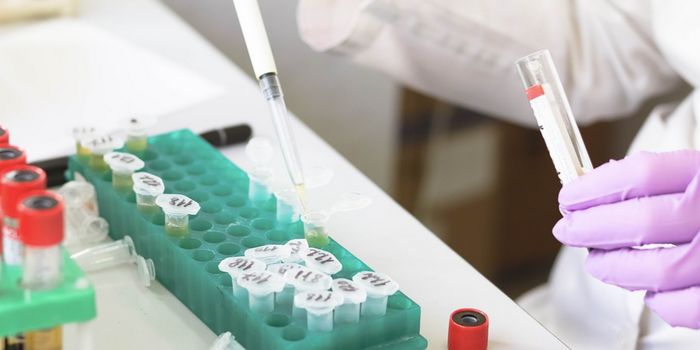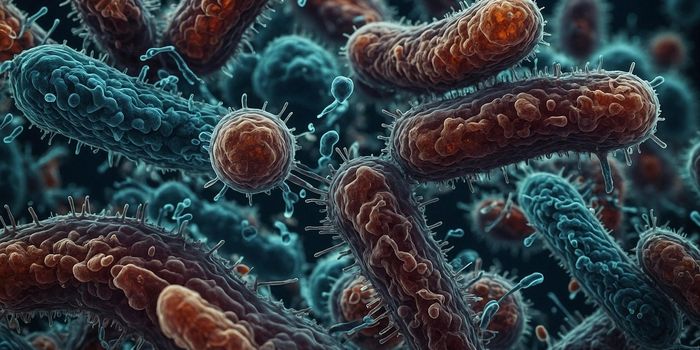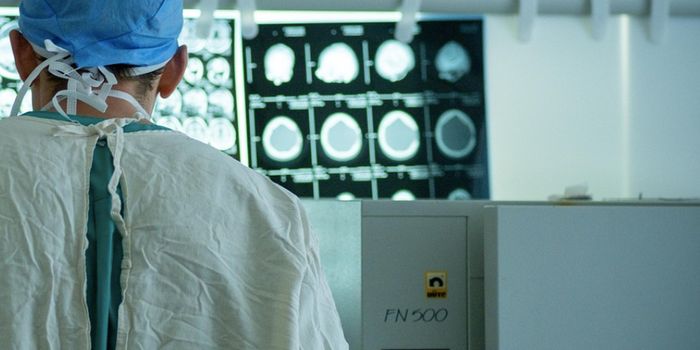How a Ginger Compound May Help Relieve IBD
Researchers have screened chemical compounds that are found in ginger to find those with relevant bioactivity. This work identified a ginger compound called furanodienone (FDN) that can attach to a molecule known as pregnane X receptor (PXR), which has previously been linked to inflammatory bowel disease (IBD). The study also showed that FDN can lower inflammation in the gut by boosting PXR activity, which reduces the release of pro-inflammatory signals known as cytokines. This may be the first study to reveal how FDN can work in the body. The findings have been reported in Nature Communications.
"We found that we could reduce inflammation in the colons of mice through oral injections of FDN," said corresponding study author Jiabao Liu, a research associate at the University of Toronto. "Our discovery of FDN's target nuclear receptor highlights the potential of complementary and integrative medicine for IBD treatment. We believe natural products may be able to regulate nuclear receptors with more precision than synthetic compounds, which could lead to alternative therapeutics that are cost-effective and widely accessible."
IBD is a term that describes both Crohn's disease and inflammatory colitis, which can lead to abdominal pain and diarrhea, and may significantly impact quality of life. There are some treatments for IBD, and they often involve strict diets that patients have to follow for their entire lives in order to manage the symptoms of their illness.
This work also determined that FDN can boost the production of proteins that work to repair and protect the intestine from inflammatory damage.
FDN also appears to only be active in the colon, which may limit the risks of side effects.
PXR is normally related to the metabolism of certain substances that are foreign to the body, such as pharmaceuticals. The study suggested that it may also be important to ensure that PXR is not overactivated, however, because that could lead to an increase in the potency of other drugs in the body.
"The number of people diagnosed with IBD in both developed and developing countries is on the rise due to a shift towards diets that are more processed and are high in fat and sugar," added co-corresponding study author Henry Krause, a professor at the University of Toronto.
This natural compound might be a "better option" in IBD treatment than anything currently available since it doesn't interfere with the immune system or liver function, both of which can cause side effects, added Krause. "FDN can form the basis of a treatment that is more effective while also being safer and cheaper."
Sources: University of Toronto, Nature Communications









